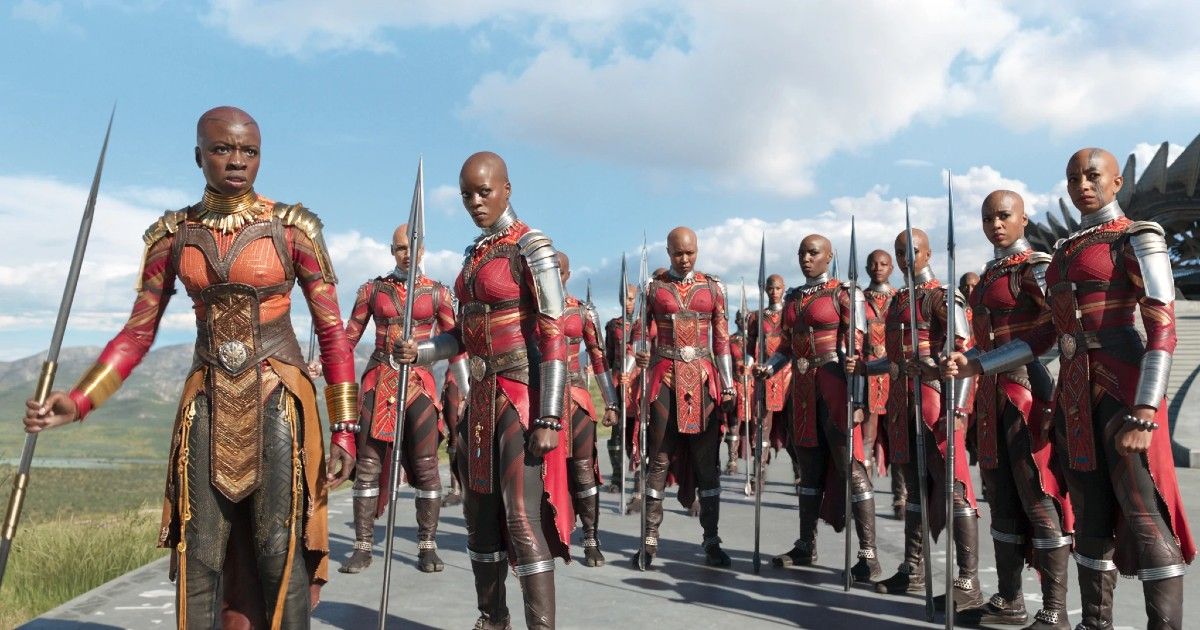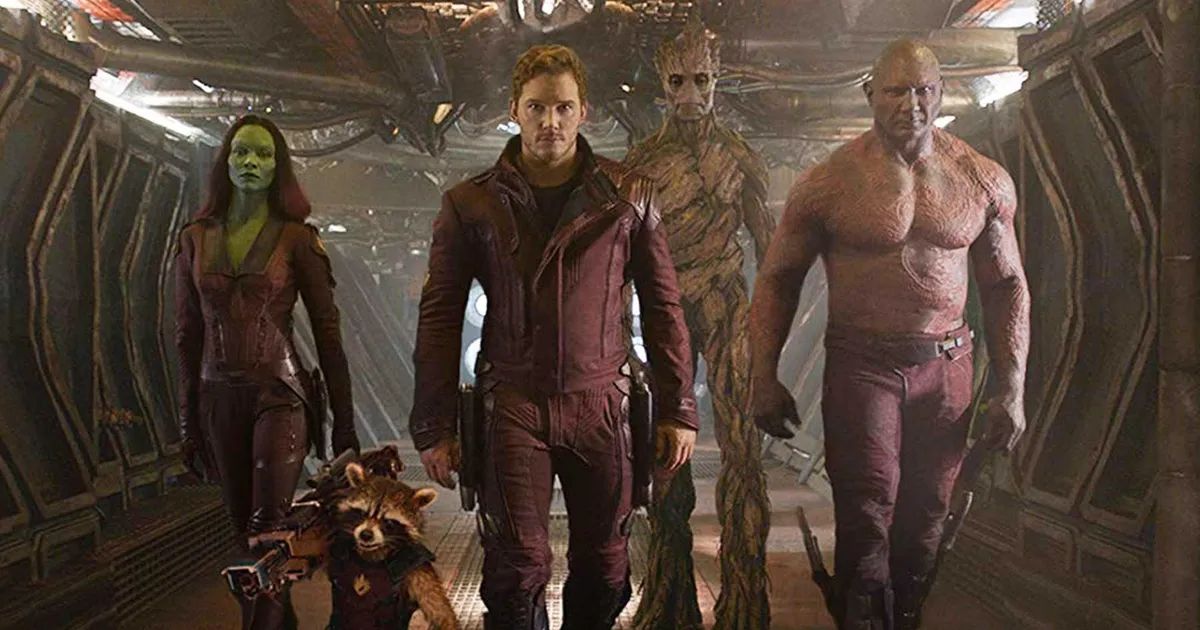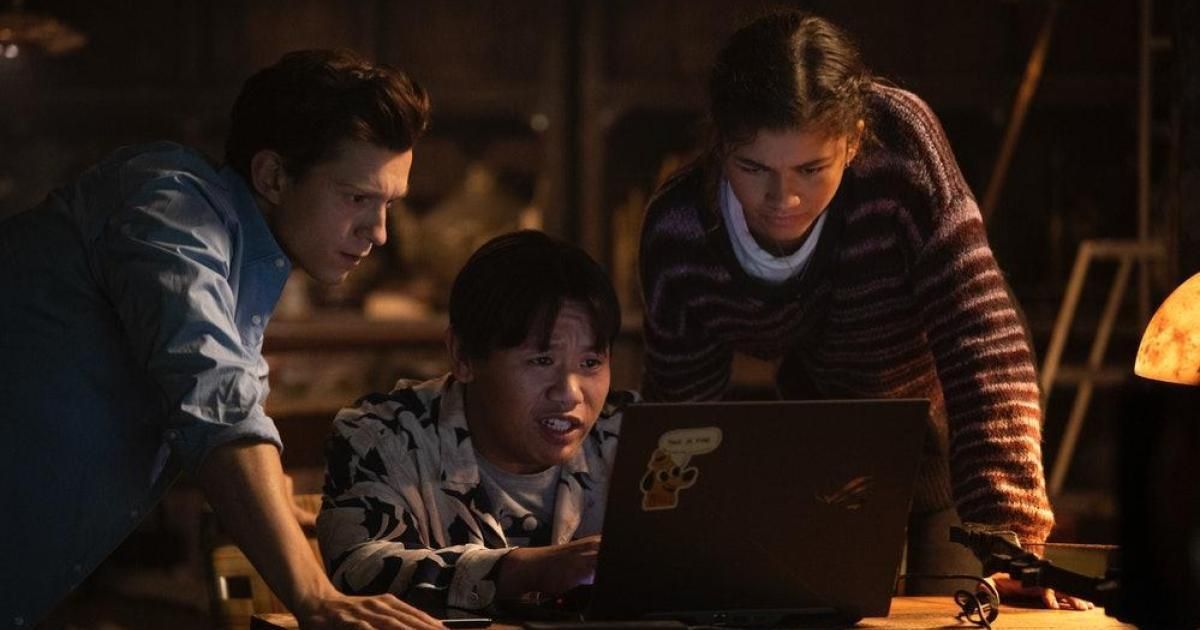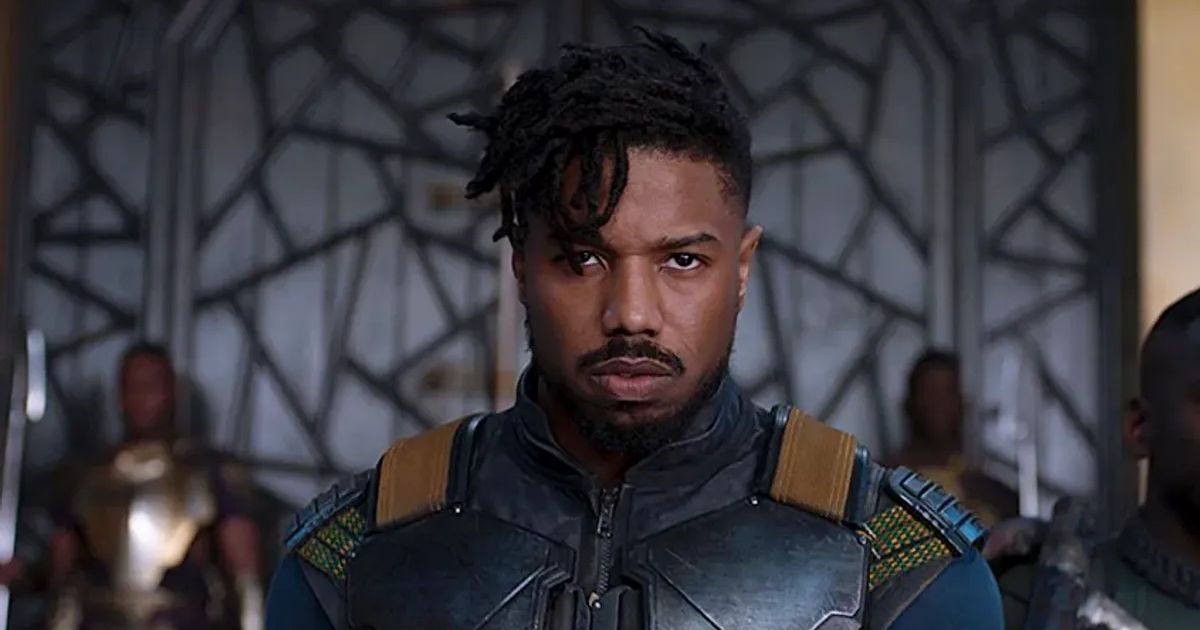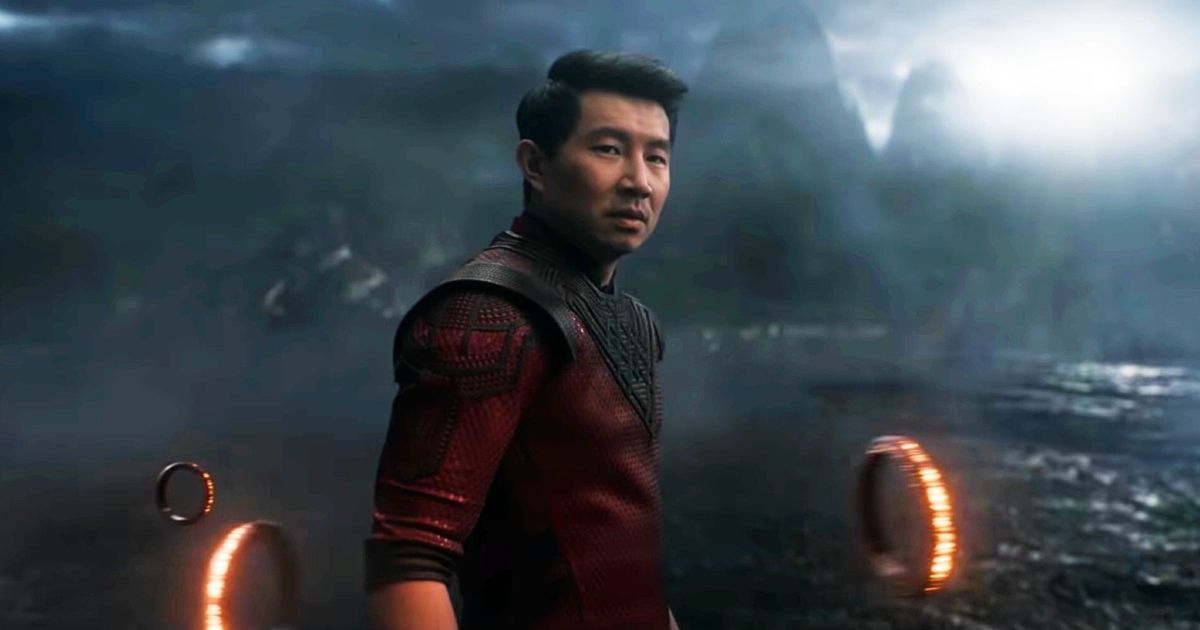Martin Scorsese's comments calling out the Marvel Cinematic Universe brought out a series of responses and questions demanding what "real cinema" truly is. A series of directors have diminished the Marvel films in a variety of ways, not considering them to be actual movies. However, that is not the case. Movies, by nature, are subjective to the audience. However, not liking something does not mean it can be stripped of its title or suggest it does not have the impact or influence it has proven to successfully gain. The Marvel Cinematic Universe has gone above and beyond in proving its worth in cinematic history by being one of the longest-running successful movie franchises.
The Marvel Cinematic Universe has spanned introducing new characters, worlds, time periods, and plot lines. It eventually became the home to one of the most massive climaxes that had audiences rushing back to theaters to understand the fallout. Marvel tackles political thoughts in the form of superheroes in a world that can start conversations. The characters are constantly growing as they know the stakes and significance of the threats they face and understand the personal growth they must go through to change their ways.
Develop Intriguing Characters
Sometimes, even the most well-renowned films have bland main characters. That is not the case with Marvel movies. Superhero movies have created a variety of distinct personalities among their large universe, and one of the ways Marvel has distinguished its central characters is by toeing the line between serious and funny. Tony Stark has sarcasm for days, but also understands the stakes and seriousness of the situation at hand. Although Captain America is a hero, so much of his story relies on the emotional and mental states of Steve Rogers as a man, discovering his entire life has passed him by in the seventy years he slept.
Although Clint Barton does not get as much focus as his fellow Avengers in the films, Avengers: Age of Ultron gives a glimpse into his home life with Avengers: Endgame showing how damaging losing his family is to him after the Blip. Likewise, the Disney+ series Hawkeye spends more time going into the aftermath of Clint's actions and the trauma he faced. Outside of the main Avengers, Peter Parker developed from an excited teenager to understand the devastation of what messing up can lead to. The Guardians of the Galaxy have also grown tremendously, especially given how Nebula transformed from a deathly enemy to a vital member of the group and faithful friend and ally.
Gain Audience Investment
With so many different outlets for content, it can be challenging to keep an audience engaged for a few episodes, so Marvel's ability to keep viewers entertained, excited, and continue to grow their fanbase over a decade after Iron Man first premiered in 2008 certainly means they're doing something right. Keeping viewers so enamored by a character throughout the span of one movie can be a challenge, but keeping a fresh perspective on a franchise for so many years is certainly an accomplishment.
Box office numbers did not lie about the excitement viewers had about returning to the Marvel world and seeing their favorite characters on screen. The movies have succeeded for so long, not because of the special effects or fight sequences, but because the characters and their relationships resonate with the audience. Even with how good or bad the special effects are, if the audience does not care for the characters, they may not be returning to see a sequel.
Discusses Political Stances
Thanos' determination to get rid of half the universe's population is his way of dealing with overpopulation. However, the aftermath discussed in Falcon and the Winter Solider helps discuss the political aspect of that decision and the aftermath of bringing everyone back. Likewise, politics play a role in Captain America: Civil War when the Avengers must determine whether to sign the Sokovia Accords. However, Black Panther is a film that truly uses political discussion at the heart of its central conflict.
Killmonger wants to open Wakanda's resources to the entire world. They are miles ahead of everyone else, so why aren't they helping the rest of the world? Although Killmonger is presented as the villain, his wishes make T'Challa question Wakanda's involvement in the rest of the world and if they can do better. In addition, the future of Asgard becomes a question, given its destruction in Thor: Ragnarok.
Constant Expansion of The Universe
Whether it be by introducing new characters, countries, new planets, or the Multiverse, the Marvel Cinematic Universe is constantly growing. Quickly, the MCU showed Earth would not be the only location, as Thor introduced Asgard. Avengers: Age Of Ultron teased Wakanda before Black Panther was released. In addition, marvel expanded its diversity, diving into new cultures, such as in Shang Chi and the Legend of the Ten Rings. Finally, Disney's purchase of Fox will allow Deadpool, the X-Men, and the Fantastic Four to jump over to Marvel, giving the franchise more room to tell new stories with different characters.
Even in She-Hulk: Attorney At Law, Marvel proves its willingness to expand in the way it delivers storytelling by delivering a massive fourth-wall-break twist in its finale. Marvel's willingness to pivot and make new or unexpected choices shows its growth as a franchise and its decision to step away from typical or previous story structures.

